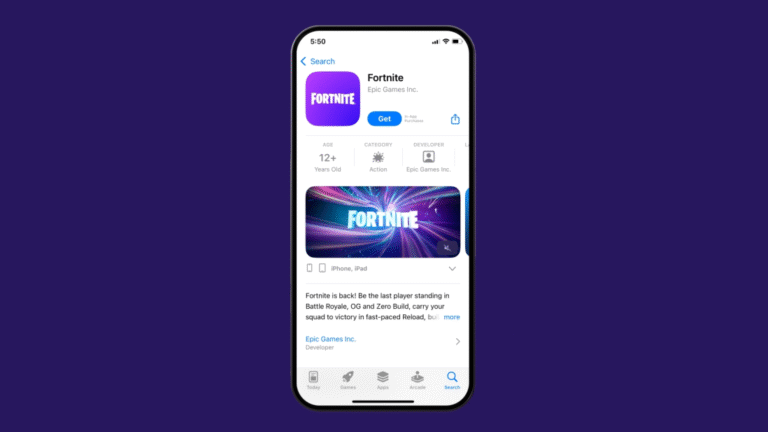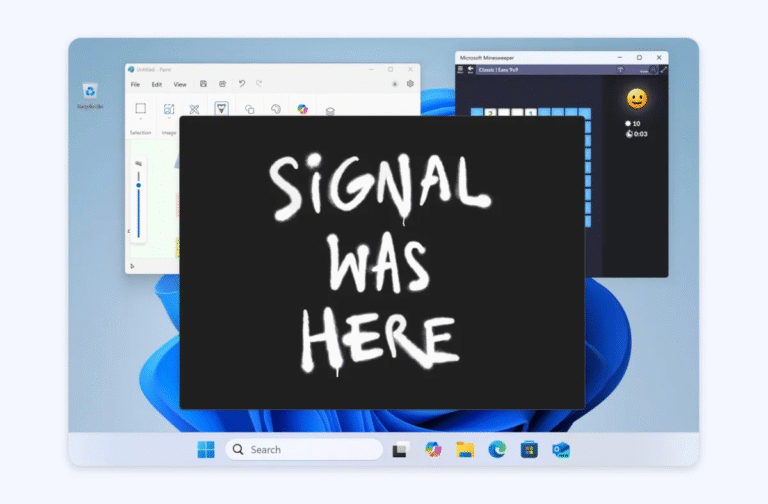In a significant move that promises to reshape the landscape of universal messaging, Beeper—owned by Automattic—has announced a major beta update for its desktop and iOS apps. This update marks the official merger of Beeper with Texts, a platform Automattic acquired in 2023. The integration aims to deliver a seamless, unified messaging experience across multiple platforms, including WhatsApp, Instagram, Slack, and more.
For users eager to explore the new features, the desktop version is now available for download, while the iOS beta can be accessed via TestFlight. Detailed instructions for both platforms can be found on Beeper’s official website.
A New Era for Beeper: Built on the Foundations of Texts
The latest desktop version of Beeper has been rebuilt using the core framework of the Texts desktop app, ensuring a robust and reliable foundation. Meanwhile, the iOS app has been developed from the ground up, offering a fresh and optimized experience for mobile users. Kishan Bagaria, founder of Texts.com, took to X (formerly Twitter) to announce the update, describing it as “the next-gen texts app, now rebranded as Beeper.”
This merger represents a strategic step forward for Beeper, which has been relatively quiet since its high-profile attempt to bring iMessage functionality to Android devices. After facing challenges in that endeavor, Beeper was acquired by Automattic, the parent company of WordPress.com and Tumblr, signaling a new chapter for the messaging service.
What Makes Beeper Stand Out?
Beeper’s core appeal lies in its ability to consolidate multiple messaging platforms into a single, user-friendly interface. With this update, users can now connect to a wide array of services, including:
- Slack
- Telegram
- Signal
- Discord
- And more
This universal approach eliminates the need to switch between multiple apps, streamlining communication and enhancing productivity. Whether you’re managing work-related conversations on Slack or staying in touch with friends on Instagram, Beeper brings everything together in one place.
iMessage Support: A Work in Progress
While Beeper has temporarily stepped back from its efforts to enable iMessage on Android, the company hasn’t abandoned the idea entirely. Bagaria confirmed that Beeper plans to integrate Apple’s messaging protocol into the desktop version of the app in the future. This move could potentially bridge the gap between iOS and Android users, offering a more inclusive messaging experience.
Enhanced Security and Future Updates
Beeper is also prioritizing user privacy and security. One of the most anticipated updates is the shift to end-to-end encryption, where messages will be encrypted directly on the user’s device rather than on Beeper’s servers. This ensures that sensitive conversations remain private and secure.
Additionally, Beeper has teased support for multiple accounts on a single network, a feature that will be particularly useful for users who manage separate personal and professional profiles. These updates underscore Beeper’s commitment to innovation and user-centric design.
Why This Update Matters
The merger of Beeper and Texts represents a significant milestone in the evolution of universal messaging. By combining the strengths of both platforms, Beeper is poised to offer a more powerful, versatile, and secure messaging solution. For users, this means:
- Simplified Communication: No more juggling multiple apps—Beeper brings all your conversations under one roof.
- Enhanced Privacy: End-to-end encryption ensures your messages are secure.
- Future-Proof Features: Support for iMessage and multiple accounts demonstrates Beeper’s forward-thinking approach.
What’s Next for Beeper?

With the backing of Automattic, Beeper is well-positioned to continue innovating in the messaging space. The company’s focus on cross-platform compatibility, security, and user experience sets it apart from competitors. As Beeper rolls out these updates and explores new features, it’s clear that the platform is committed to redefining how we communicate in a fragmented digital world.
Final Thoughts: A Game-Changer for Messaging Apps
The latest update from Beeper is more than just a technical enhancement—it’s a statement of intent. By merging with Texts and introducing cutting-edge features, Beeper is setting a new standard for universal messaging apps. Whether you’re a casual user or a power communicator, Beeper’s latest offering is worth exploring.
For those interested in trying out the new Beeper experience, head over to their official website to download the desktop version or join the iOS beta via TestFlight. The future of messaging is here, and it’s called Beeper.








